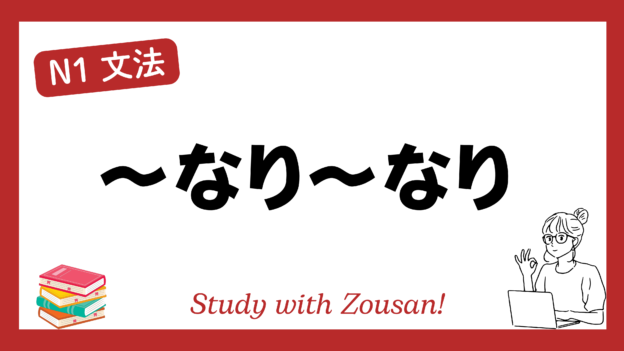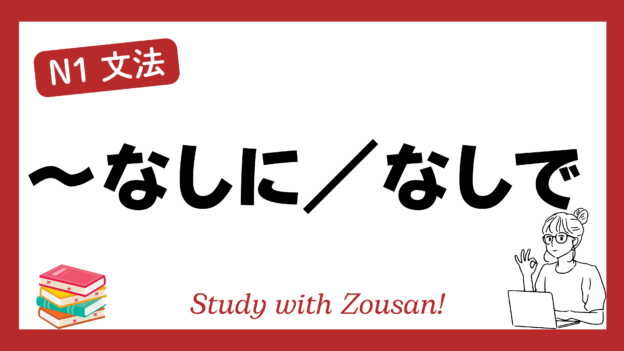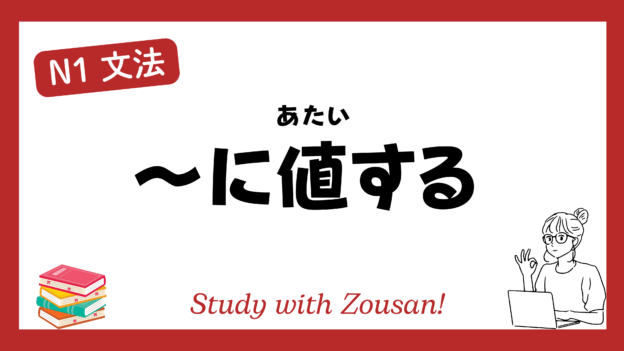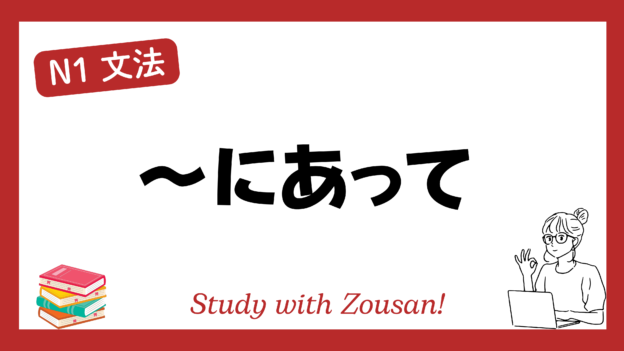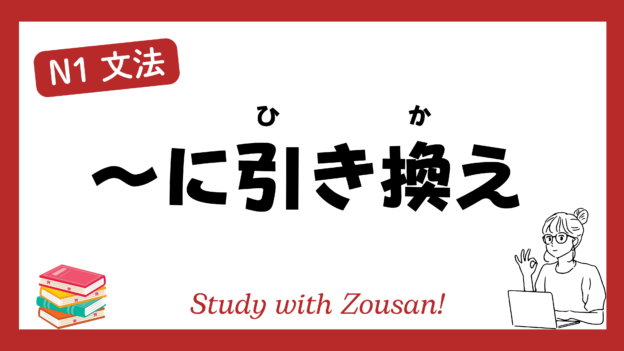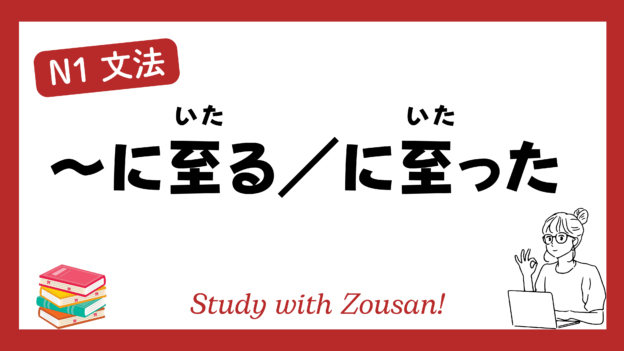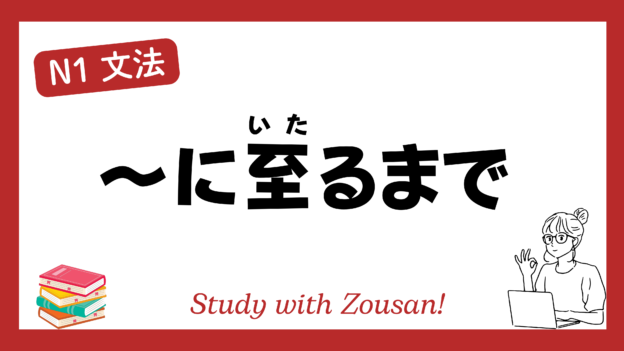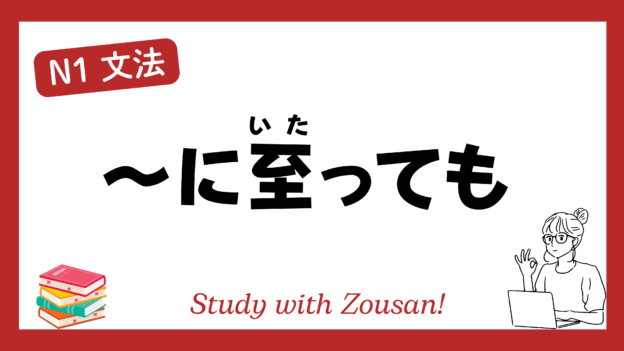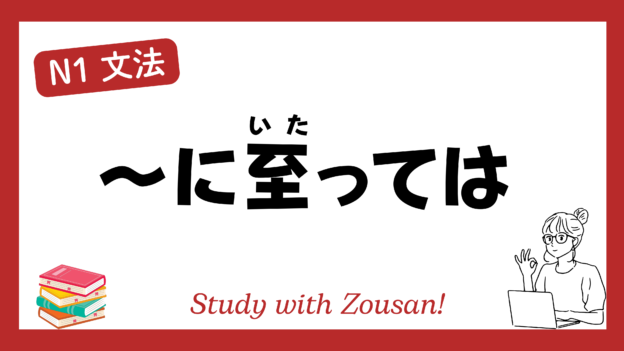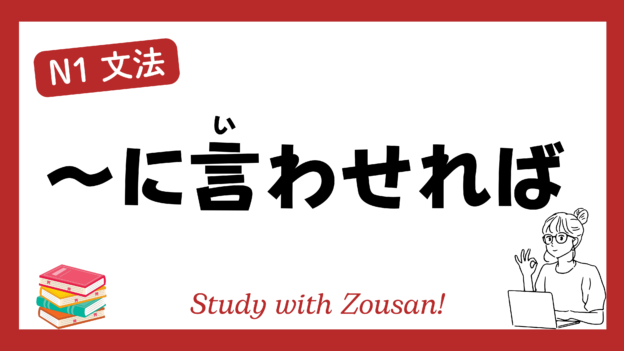Meaning: “Either… or…”, “Whether it’s… or…”
This structure is used to present two or more alternatives or options, indicating that the speaker is open to any of the suggested possibilities. It often implies that either option is fine, and the listener can choose whichever is more convenient.
※Note: “~なり~なり” is often used in a somewhat casual or conversational way, giving options or suggestions without pressing for a specific choice.
Structure:
| Noun-1 | + なり | Noun-2 | + なり |
| Verb-1 (dictionary form) | Verb-2 (dictionary form) |
Example:
-
-
-
🌟 お茶なりコーヒーなり、お好きなものをどうぞ。
(おちゃ なり コーヒー なり、どうぞ おすき な もの を どうぞ。)
Please help yourself to either tea or coffee. -
🌟 歩くなり自転車に乗るなり、どちらかで行ってください。
(あるく なり じてんしゃ に のる なり、どちらか で いって ください。)
Whether you walk or ride a bike, please choose one way to go. -
🌟 電話するなりメールするなり、早めに連絡をください。
(でんわ する なり メール する なり、はやめ に れんらく を ください。)
Please contact me early, either by phone or email. -
🌟 自分で作るなり外で買うなり、何か食べてください。
(じぶん で つくる なり そと で かう なり、なにか たべて ください。)
Whether you make it yourself or buy it outside, please eat something. -
🌟 勉強するなり運動するなり、自由に時間を使ってください。
(べんきょう する なり うんどう する なり、じゆう に じかん を つかって ください。)
Whether you study or exercise, use your time freely. -
🌟 本を読むなり映画を見るなりして、リラックスしたほうがいい。
(ほん を よむ なり えいが を みる なり して、リラックス した ほう が いい。)
You should relax, whether by reading a book or watching a movie. -
🌟 先生に聞くなり、友達に相談するなりして解決してください。
(せんせい に きく なり、ともだち に そうだん する なり して かいけつ して ください。)
Please resolve it by either asking the teacher or consulting a friend. -
🌟 肉なり魚なり、好きなものを選んでください。
(にく なり さかな なり、すき な もの を えらんで ください。)
Choose whichever you like, either meat or fish. -
🌟 仕事なり趣味なり、何かに集中したほうがいい。
(しごと なり しゅみ なり、なにか に しゅうちゅう した ほう が いい。)
You should focus on something, whether it’s work or a hobby. -
🌟 週末は勉強するなり家事をするなり、有意義に過ごしてください。
(しゅうまつ は べんきょう する なり かじ を する なり、ゆういぎ に すごして ください。)
Spend your weekend meaningfully, whether by studying or doing housework.
-
-


